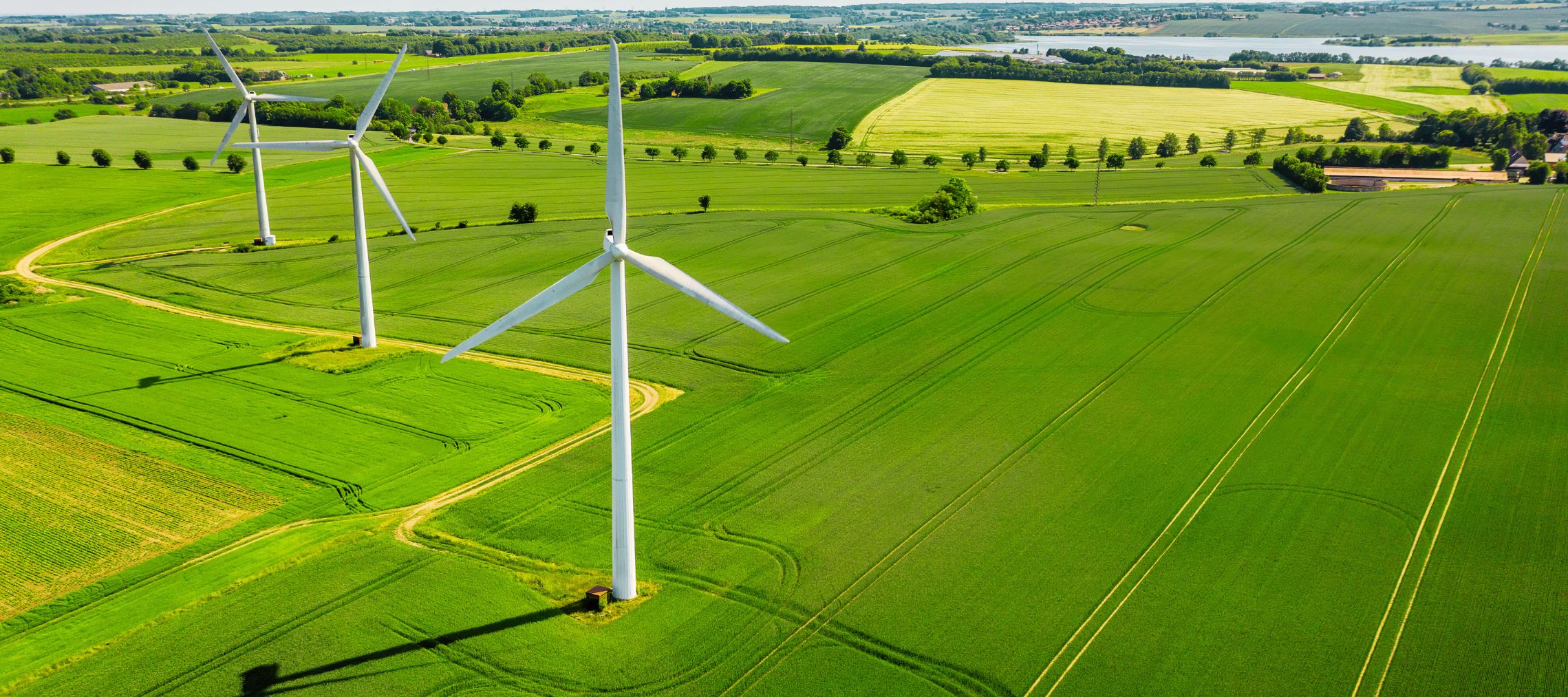The Indian Railways, one of the biggest train networks worldwide, transports over 24 million passengers and 3 MT of freight daily. It is a major energy consumer in the country with a significant emission footprint. To overcome these challenges, the government has set a target to achieve 100% electrification of the railway network by 2024. Currently, 80% of the routes have already been electrified. However, the cost effectiveness and technical feasibility of complete electrification in areas with low grid access or inaccessible terrain or in routes with low frequency remain unclear.
In this regard, the Indian government is looking at the possibility of running hydrogen-powered trains, with an initial use case on eight heritage routes with harsh hilly terrain. The Indian Railways has planned to introduce 35 hydrogen trains under the ‘Hydrogen for Heritage’ initiative, at an estimated cost of INR 80 crore per train.
The Center for Study of Science, Technology and Policy (CSTEP) conducted a study to examine the feasibility of using green hydrogen on existing railway routes.
